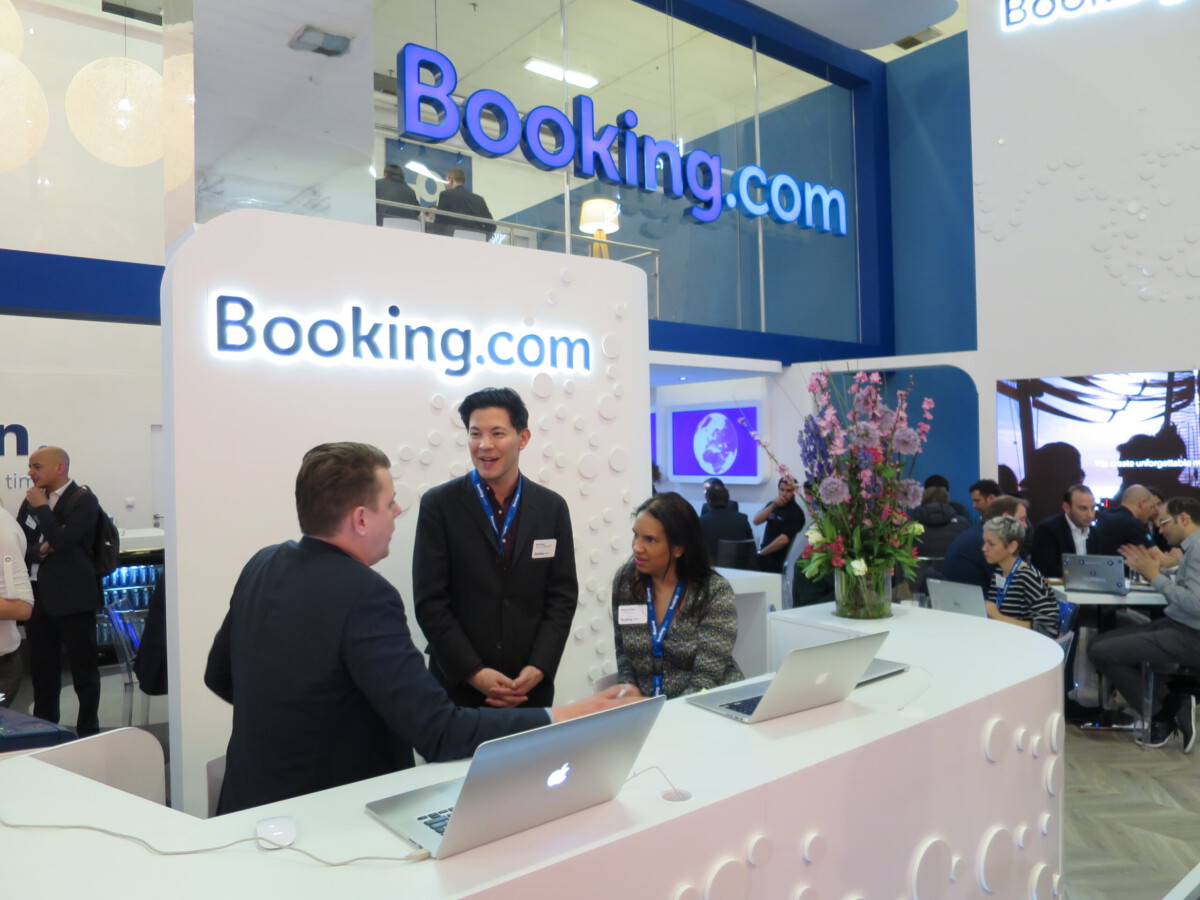The Hidden Costs of Big Booking Platforms

When I first started traveling, using big booking sites like Booking.com, Expedia, and Airbnb just seemed logical. They made everything look simple—one site, all the options. But what’s rarely talked about is the real cost behind the shiny interface. According to the Consumer Federation of America’s 2024 Travel Fee Report, travelers end up paying an average of 15% more because of hidden service fees and commissions. These fees are often tucked away until you’re about to pay, leaving you feeling tricked. Airbnb, for example, sometimes tacks on service charges that add up to 14% more than the price you saw first. It’s like going to a restaurant, ordering a burger, and then discovering you have to pay extra for the bun, lettuce, and ketchup. This constant nickel-and-diming made me question if I was really getting a deal or just paying for convenience.
Lack of Personalized Customer Service

I used to think customer service was just a phone call away on big platforms. But when something went wrong—a booking error, a surprise cancellation—it felt like shouting into a void. The 2023 J.D. Power Travel Customer Satisfaction Survey found that satisfaction with online travel agencies dropped 8% compared to direct hotel or host bookings. I remember waiting on hold for over an hour just to get a generic answer. The people on the other end often sounded like they were reading from a script, not actually listening to my problem. If you’ve ever tried getting a refund from a giant booking site, you probably know that helpless feeling. It’s frustrating when you need real help and all you get is automated replies.
Supporting Local Businesses Directly

Every time I booked through a big site, I learned that a big chunk of my money wasn’t going to the hotel or host—it was going to the platform. The World Tourism Organization’s 2025 Tourism Revenue Study showed that direct bookings let up to 30% more revenue reach the small businesses themselves. That’s huge. When I started reaching out to hotels and hosts myself, I noticed they were more open to offering better prices or little extras. It felt like I was actually helping the people who made my trip special, instead of just lining the pockets of a tech giant. Supporting local businesses directly made my travels feel more personal and meaningful.
Better Deals and Flexibility with Direct Bookings

I always thought big sites had the best deals, but I was wrong. Skift’s 2024 Direct Booking Benefits Analysis revealed that hotels and hosts often give better rates, free upgrades, or flexible cancellation policies when you book directly. I’ve gotten late check-outs and free breakfasts just by emailing a hotel and asking what they could offer. Direct bookings also mean you can negotiate if your plans change, rather than being stuck with whatever the platform decides. There’s a sense of flexibility that just doesn’t exist when you’re clicking “Book Now” on a big site.
Transparency and Trust Issues

It’s easy to trust the rankings and reviews on big booking sites, but The Guardian’s 2023 OTA Search Result Investigation found that these platforms sometimes promote listings that pay higher commissions instead of those with the best reviews. That means you might be shown options that are better for the platform, not for you. I realized I wanted to make my choices based on real feedback, not on who paid the most to be seen. By booking directly, I rely more on personal recommendations or trusted reviews, which makes the process feel a lot less like a gamble.
Environmental Impact and Sustainability Concerns

Travel isn’t just about seeing new places; it’s about respecting them too. The Global Sustainable Tourism Council’s 2025 Sustainability Report pointed out that big booking sites often drive mass tourism, which strains local communities and environments. Direct bookings, on the other hand, let travelers support hotels and hosts with real sustainability initiatives. I started seeking out eco-friendly stays and found that small businesses were more willing to share what they were doing for the environment. Booking directly let me choose stays that matched my values, which made my trips feel more responsible.
Data Privacy and Security Risks

Every time you book with a big site, you’re handing over your personal and payment info to another party. In 2024, Expedia suffered a major data breach that exposed millions of traveler’s info, as reported in the Expedia Data Breach Report. That’s not just an inconvenience—it’s a real risk. By cutting out the middleman and booking directly, I felt more secure knowing fewer companies had access to my sensitive data. It’s a simple step that helps protect your online privacy.
The Rise of Alternative Booking Methods

Booking habits are changing. According to Phocuswright’s 2025 Hotel Booking Trends, direct bookings now make up over 50% of hotel reservations worldwide, beating out the big online travel agencies. People are turning to hotel websites, local travel agencies, and even specialized niche platforms for a better, more tailored experience. I tried these alternatives and found the whole process more enjoyable—no surprise fees, and the people I dealt with actually cared about my stay.
The Impact on Travel Industry Competition

Big booking platforms dominate the market, but their high commissions (sometimes up to 25%) make it tough for smaller hotels to compete. The European Commission’s 2024 Digital Markets Report warned that this dominance is squeezing consumer choice and innovation. Smaller hotels and independent hosts get pushed out or forced to hike up prices just to survive on these platforms. By booking directly, I felt like I was helping keep the travel industry diverse and fair, instead of feeding a monopoly.
Personal Empowerment and Travel Experience

Taking control of my bookings changed the way I travel. Instead of feeling like just another customer in a sea of thousands, I could ask for exactly what I wanted. The 2023 Booking.com Traveler Preferences Survey found that 68% of travelers now prefer personalized experiences over cookie-cutter ones. Communicating directly with hosts and hotels made my trips feel unique and memorable, rather than just another transaction through a faceless platform. It’s a small change that made a huge difference in how I see the world.






